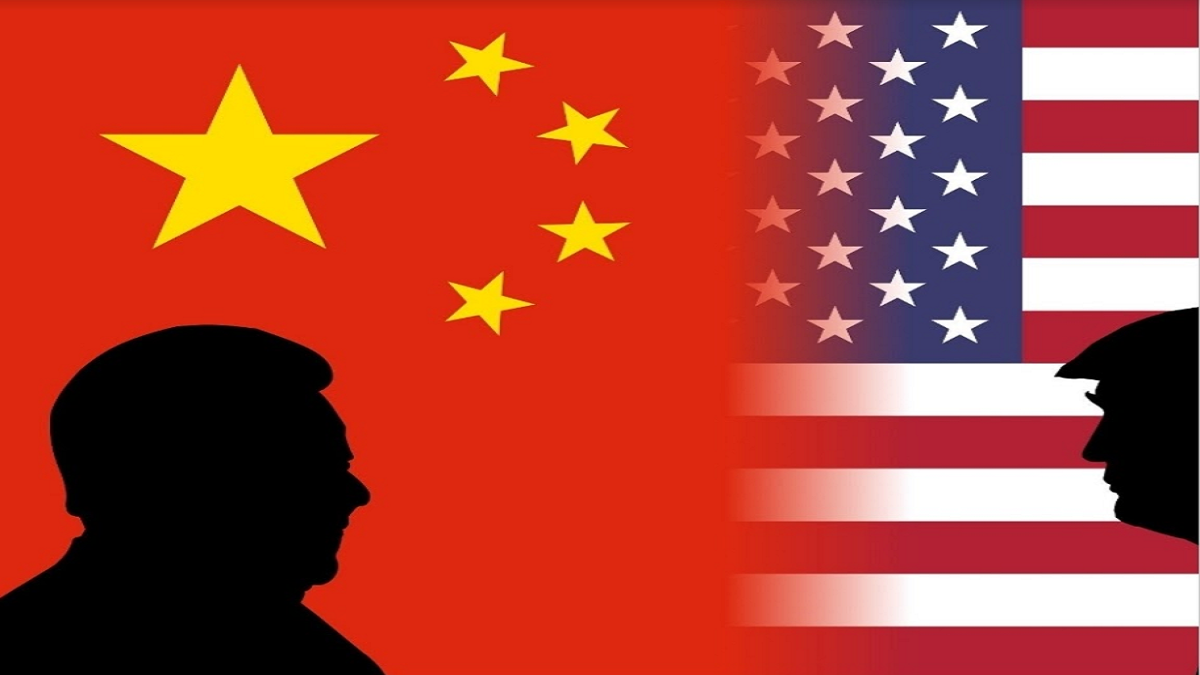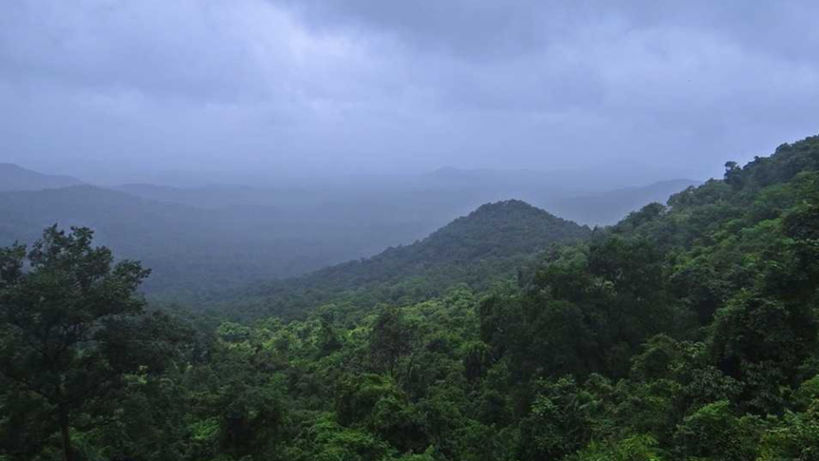The doctrine of fruit of the poisonous tree is meant to remove illegally acquired evidence from negatively impacting a criminal defendant. Similarly, the same can be applied to China’s development story, which it achieved through illegal, unethical and unfair practices. A reality check is warranted here before accepting the growth is achieved fair and square.
Back in the 1950s, China was extremely poor. With WW2 just over and people were going through a revolution. A newborn country has more ‘josh’ as we call it. Just in that josh, the Communist Party of China started to make monumental mistakes within the first two decades of their formation. They could have built a beautiful and sustainable economy. With blessings of such beautiful neighbors. What seemed an empty canvas full of opportunity to paint a beautiful motif, now seemed tarnished. Be it invasion of Tibet, war with India, great leap forward, parting ways with USSR and subsequently Mongolia to name a few.
China then turned moderate in the 1970s, with Deng Xiaoping, who understood that China can’t rise without the help of neighbors. He started to work on the issue. He made peace as much as he could, however temporary it could be. And it did help China to ramp up the number of factories and heavy industries from zero to near monopoly in many fields. China is almost making everything for the World. Even it has monopolized supply of bamboo for incense sticks.
Anyone would admire the focused vision of Chinese leadership that they invested and made sure the ecosystem and Government machinery works towards the single goal of global dominance. Full credits to that. No second thoughts at all. But there are two key parameters they forgot: Ethics and honesty. In many ways, India was in a similar situation then. New country syndrome. Poor, rising aspirations and all the above that China faced. In fact, more than what China faced. As we had democracy, a diverse nation with no common interconnecting language. Different food habits, terrain, culture and weather and so on. We are more diverse within the Nation. Yet, India was fortunate enough to have quickly found a soul. Something united us as a nation. It was organic.
People connected across the country with some soulful connection. That seems missing in China. Some predicted a breakup of India in a few decades after partition. We proved that wrong. With all the complaints we might have, at the end of the day, our system still works. It might be very slow and seem inefficient. But it works. Whereas in China, it is one-way communication on what the party decides. Despite all our difficulties, we still play by established rules. World is now slowly beginning to discuss how China is into a different level of stealing intellectual property from Western countries. So, how does this work?
Perception & reality
Businesses that went to China since Deng Xiaoping, it was working wonders. They had little problem dealing with bureaucracy and so on. One-point to deal in Beijing and work gets done anywhere in China. Say, Shanghai or Chengdu or Guangdong. Over time, word did spread.
These businesspersons became quasi-spokesperson for China. Reality strikes a few years later. When they begin to realise what is happening. Big industries started seeing competitors. Chinese ones. Especially, those the big industries partnered with earlier. Making exact same components and products, at a fraction of the cost. Some went to Courts in China only to realise that the Chinese Courts and Judges are extended arms of the CPC and not independent. They had to let go for legal actions thereafter.
Legal but unethical
The story of China’s highspeed rail miracle is legal, but unethical. Everyone knows for sure how quickly China developed such a vast network of High-Speed Rail (HSR). Not many know how this was done quickly through shortcuts.
A decade ago, China was planning to create an HSR network across the country. One small problem: They didn’t have the technical expertise and know-how. So, they called international experts. Siemens was given an order to make 300 kmph train sets for China Railway Rollingstock Corporation (CRRC). These were cutting edge. Technology wise, up to date. Sweet order. None could avoid it. Just a catch. There’d be tech transfer from Siemens to CRRC.
Siemens did sign the deal, expecting not to lose a big market like China as they would need more trains. But, CRRC tricked Siemens. Leave alone going ahead and capturing bids from within China, CRRC started competing “head-to-head” with Siemens. This is all done by a single signature on tech transfer. Not sure if it would stand in Court of Law, in favor of China, elsewhere. On technology transfer, similar experiences happen for Alstom, Bombardier, Kawasaki. Now this is perfectly legal.
In European theater, to stop being potent competitors for China Rail and Rollingstock corporation (CRRC), it is reported that China even used diplomatic clout on European Commission to stop the politically contentious merger of Siemens — Alstom. This merger means the biggest competitor for CRRC, which still would be roughly half of what CRRC is currently. Proposed Siemens — Alstom merger points out how fractures are created by China. It triggered a political issue between Germany and France and they are talking to each other to calm the situation to find a way out.
Meanwhile, the Alstom — Bombardier deal worked out well, with a German interference as Alstom made some quick business moves to gain early anti-trust approval from European Commission. It is an entirely different story on why Germany is supporting China so much despite reservations from other European nations. Chinese use their car market to have that leverage over Germany. This is nothing but, economic militarisation through joint ventures, unethical reverseengineering, militarising trade.
Illegal and unethical
Year 2006. Duke University, San Diego, United States of America. The (in)famous story of Liu Ruopeng who was investigated by the FBI for stealing intellectual property from Dr David Smith’s US Department of Defense funded laboratory. Dr Smith was into research about metamaterials that create an invisible cloak — which could make sure radar signals don’t pick objects that are covered by the cloak. Liu was doing his doctorate under Dr Smith who was researching.
Liu ultimately got his PhD. But, after his expulsion from the research group. The FBI could do nothing beyond expulsion. Liu today is no ordinary man. He is dubbed to be the next Elon Musk. After he went back to China, he was rewarded. He started his own company. Liu is a billionaire already. Probably he would earn much more. His innovations might sound cool. Even today, the entrance of his office has a cloak monument. Highlight of this episode of stealing is that this research and lab of Dr Smith was being funded by the US Department of Defense. Imagine the amount of money, capability and resources needed to infiltrate such sensitive research projects.
Another incident. US Department of Justice released a statement on its website on July 30, 2020 about an Ohio woman Li Chen pleaded guilty today via video conference in US District Court to conspiring to steal scientific trade secrets and conspiring to commit wire fraud concerning the research, identification and treatment of a range of pediatric medical conditions.
Per NationalPulse.com, Li Chen and Yu Zhou (her husband) were trying to steal secrets relating to Exosomes — which plays a key role in identification and treatment of various medical conditions including Liver Cancer. Zhou and Chen admitted to selling “isolation kits” through their company for “personal gain” in China. Highlight of this whole episode is, they got funds from Chinese Government — State Administration of Foreign Expert Affairs and National Natural Science Foundation of China.
As Assistant Attorney General for National Security John C Demers put it, “Once again we see the People’s Republic of China (PRC) facilitating the theft of our nation’s ingenuity and hard work as part of their quest to rob, replicate and replace any product they don’t have the ability to develop themselves.” On the pattern he added, “Far from being an isolated incident, we see the PRC implicated in around 60 percent of all trade secret theft cases. This continued economic belligerence runs contrary to the values and norms that facilitate the success of our industries and countering it remains among our highest priorities.” Sixty percent of all trade theft cases happen in China. Let that sink in. That’s how deep China has intruded into US companies, institutions and research projects.
In 2014, China passed a law which requires every Chinese citizen to cooperate in acts of Chinese intelligence agencies. In other words, there can’t be a more direct order for its citizens to co-opt in surveillance acts by the Ministry of State Security of PRC. To give the adequate human resource required, China uses those large numbers of tourists and students that it sends every year to many countries. Especially to the US, UK and Australia. To give an indication of the scale of it, China has about 3.7 lakh students in the US, 1.2L in the UK, 1.6L in Australia. All these students have an obligation to abide by the above legislation, if need be. Similarly, for tourists, act as “courier” to transfer back to China. Few weeks ago, some of these students were caught on camera participating in protests that happened in the US.
To influence those high and mighty in power corridors, China invested heavily in key people. Take the case of Andy Purdy, Huawei’s Chief Security officer. He was a member of the White House team that drafted the US National Strategy to Secure Cyberspace (2003). Another example is how China’s propaganda is delivered at the doorsteps of politicians. As Republican Jim Banks said in a recent interview to Epoch Times, “It’s unbelievable to me. The China Daily, which is a state-run propaganda arm of the Chinese Communist Party, magically appears on the doorstep of every lawmaker on Capitol Hill. Imagine the impact it makes in the psyche of decision makers.
That’s not all. If you think, the US was the worst infected country by Chinese communists, think again. Because, Australia story would beat that. China conquered Australian land mass through silent invasion, without firing a single bullet. The largest among China’s poison tree farm in Indo-Pacific region is, Australia. The silent invasion has happened. Australia is battling it in various ways. (This article is the first part of a two-part series. second will appear tomorrow.)
Shreedharan Raman watches strategic moves by countries around the globe, especially China, and writes his opinions occasionally on shreedharan. com and can be contacted at write@shreedharan.com.













